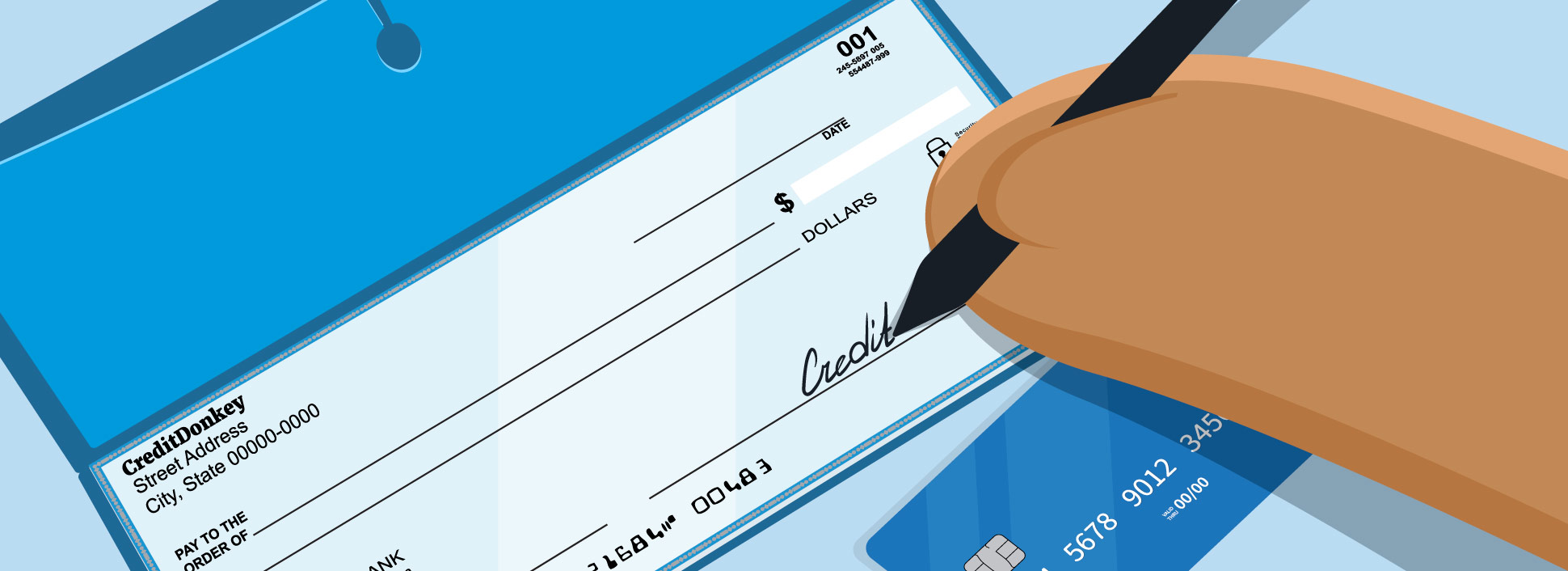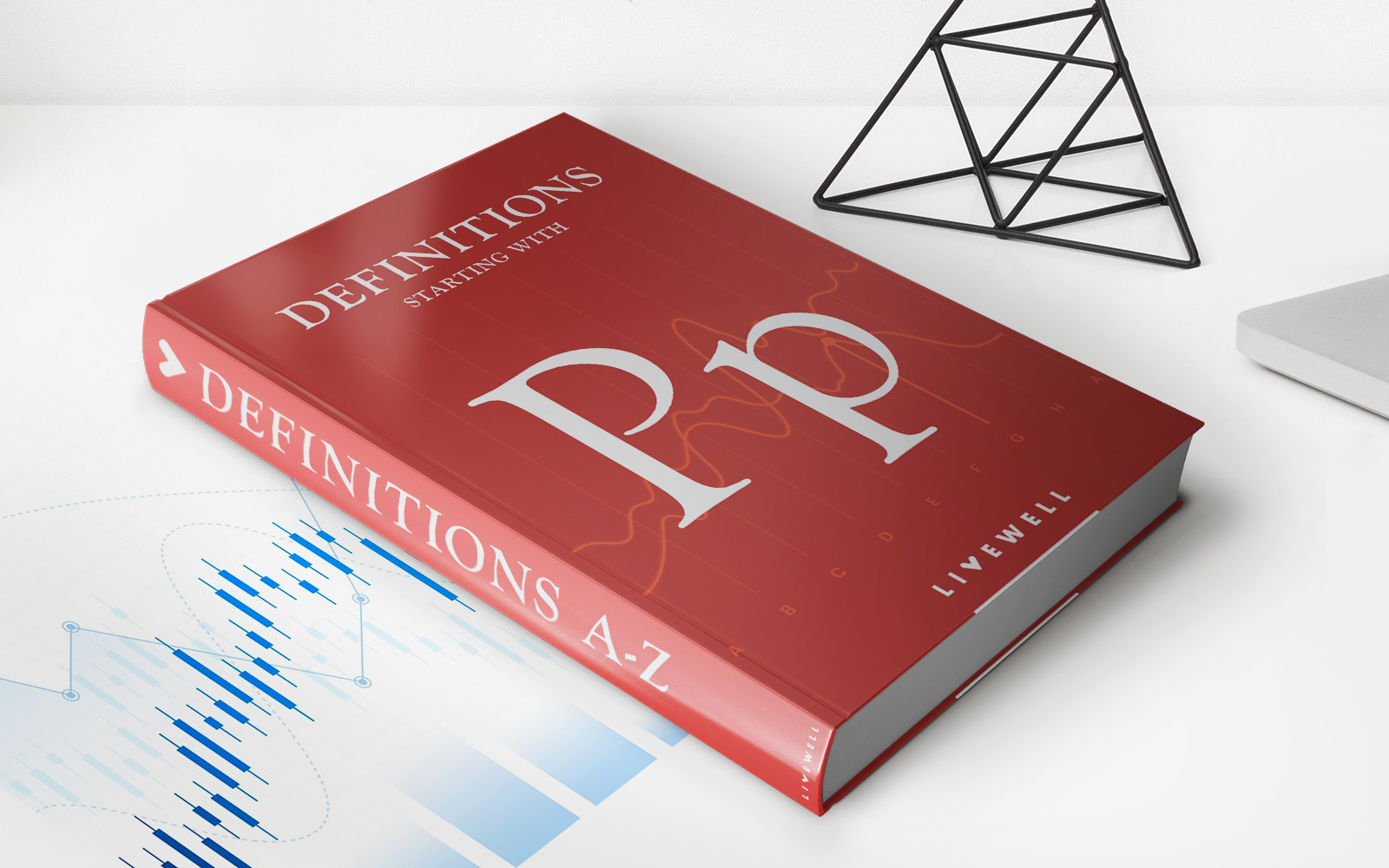

Finance
Grace Period When Opening A CD Account
Modified: February 21, 2024
Learn about the grace period when opening a CD account and how it can benefit your finances. Explore the advantages and considerations for managing your money wisely.
(Many of the links in this article redirect to a specific reviewed product. Your purchase of these products through affiliate links helps to generate commission for LiveWell, at no extra cost. Learn more)
Table of Contents
What is a CD Account?
A Certificate of Deposit (CD) account is a type of savings account offered by banks and credit unions. It is a low-risk investment option that typically offers higher interest rates compared to regular savings accounts. When you open a CD account, you agree to deposit a certain amount of money for a fixed period, known as the term, which can range from a few months to several years. In return, the financial institution guarantees the principal amount and pays you interest on the deposit.
CD accounts are popular among savers who want to earn a predictable return on their money without exposing it to the volatility of the stock market. The interest rates for CD accounts are generally higher than those for regular savings accounts because the funds are inaccessible for the duration of the term, providing the bank with a more stable funding source.
CD accounts come in various types, including traditional CDs, bump-up CDs, liquid CDs, and IRA CDs, each offering unique features to cater to different financial goals and needs. Additionally, some institutions may require a minimum deposit to open a CD account, while others may offer more flexibility in this regard.
Overall, CD accounts are a valuable tool for individuals looking to earn a competitive interest rate on their savings while preserving the safety of their principal investment.
Understanding the Grace Period
When you open a CD account, you may have the opportunity to benefit from a grace period. The grace period is a specified length of time, typically a few days after the CD reaches maturity, during which you can make changes to the account without incurring penalties. It serves as a buffer period that allows account holders to decide whether to withdraw the funds, reinvest them into another CD, or make other adjustments to their investment strategy.
During the grace period, you have the flexibility to evaluate your financial situation and explore different options for the funds in your CD account. This could include assessing prevailing interest rates, considering alternative investment opportunities, or simply determining whether you need immediate access to the funds. The grace period empowers you to make informed decisions based on your current financial needs and the prevailing market conditions.
It’s important to note that the duration of the grace period varies among financial institutions and may also depend on the specific terms of the CD account. Some banks offer grace periods of a few days, while others may extend the period to a couple of weeks. Understanding the details of the grace period associated with your CD account is crucial for effectively managing your investment.
Furthermore, the grace period provides a valuable opportunity to communicate with your financial institution and explore the available options. Whether you intend to roll over the funds into a new CD, withdraw the money, or pursue an alternative financial strategy, engaging with the bank during the grace period can facilitate a seamless transition and ensure that your financial objectives are met.
Overall, the grace period associated with a CD account offers a valuable window of flexibility and opportunity, enabling account holders to make well-informed decisions regarding their investments and financial goals.
Benefits of a Grace Period
The grace period linked to a CD account offers several significant benefits to account holders, enhancing the overall flexibility and management of their investments. Understanding these advantages can help individuals make informed decisions and maximize the potential of their CD accounts.
- Flexibility: The grace period provides account holders with a valuable window of flexibility, allowing them to assess their financial needs and explore various options for their funds. This flexibility is particularly beneficial when navigating changing market conditions or personal financial circumstances.
- Decision-Making: Account holders can utilize the grace period to carefully evaluate their investment strategy. This may involve considering the prevailing interest rates, exploring alternative investment opportunities, or determining the most suitable course of action for the funds upon maturity.
- Communication: The grace period facilitates open communication between account holders and their financial institutions. It allows for discussions regarding the available options, potential reinvestment opportunities, and any specific requirements or preferences the account holder may have.
- Opportunity for Adjustment: During the grace period, account holders have the opportunity to adjust their investment approach based on their current financial goals and the prevailing market conditions. This could involve reinvesting the funds into a new CD, exploring alternative investment products, or withdrawing the funds if necessary.
- Seamless Transition: By leveraging the grace period, account holders can ensure a seamless transition for their funds, whether they choose to reinvest in a new CD, explore other investment avenues, or make withdrawals. This can contribute to a more efficient and effective management of their financial resources.
Overall, the grace period associated with a CD account serves as a valuable mechanism for empowering account holders to make well-informed decisions, communicate effectively with their financial institutions, and optimize the management of their investments in alignment with their financial objectives.
Things to Consider
When evaluating the grace period associated with a CD account, there are several important factors to consider in order to make informed decisions and maximize the benefits of this feature.
- Grace Period Duration: It’s essential to understand the specific duration of the grace period offered by the financial institution. Different banks may provide varying lengths of grace periods, and this information can significantly impact your ability to make decisions regarding your CD account.
- Penalties and Restrictions: Familiarize yourself with any potential penalties or restrictions associated with the grace period. While the grace period typically allows for flexibility, certain actions, such as early withdrawals, may still incur penalties, which could influence your decision-making process.
- Communication Channels: Explore the communication channels available to engage with your financial institution during the grace period. Understanding how to effectively communicate your preferences, whether it’s regarding reinvestment, withdrawal, or other financial strategies, can streamline the decision-making process.
- Market Conditions: Consider the prevailing market conditions and interest rate trends during the grace period. This information can help you assess the potential opportunities for reinvestment or alternative investment options, ensuring that your financial decisions are well-informed and aligned with your goals.
- Financial Goals: Evaluate your current financial goals and how the grace period can support them. Whether you aim to maximize returns, maintain liquidity, or pursue specific investment strategies, understanding how the grace period aligns with your objectives is crucial.
By carefully considering these factors, you can effectively leverage the grace period associated with your CD account to make informed decisions, optimize the management of your investments, and align your financial strategies with your long-term goals.
Conclusion
The grace period associated with a CD account offers a valuable opportunity for account holders to manage their investments effectively, make informed decisions, and align their financial strategies with their goals. By providing a window of flexibility and communication, the grace period empowers individuals to navigate the maturity of their CD accounts with confidence and clarity.
Throughout the grace period, account holders can assess their financial needs, evaluate prevailing market conditions, and explore various options for their funds. This includes considering the potential for reinvestment, assessing alternative investment opportunities, or determining the most suitable course of action based on their individual circumstances.
Effective communication with the financial institution during the grace period can further facilitate a seamless transition for the funds, ensuring that account holders are well-equipped to make decisions that align with their financial objectives. By leveraging the grace period, individuals can optimize the management of their investments, maximize the potential of their CD accounts, and pursue their long-term financial goals with confidence.
Ultimately, the grace period serves as a valuable mechanism for enhancing the overall flexibility, decision-making, and communication associated with CD accounts, empowering account holders to navigate the complexities of investment management with greater ease and efficacy.














